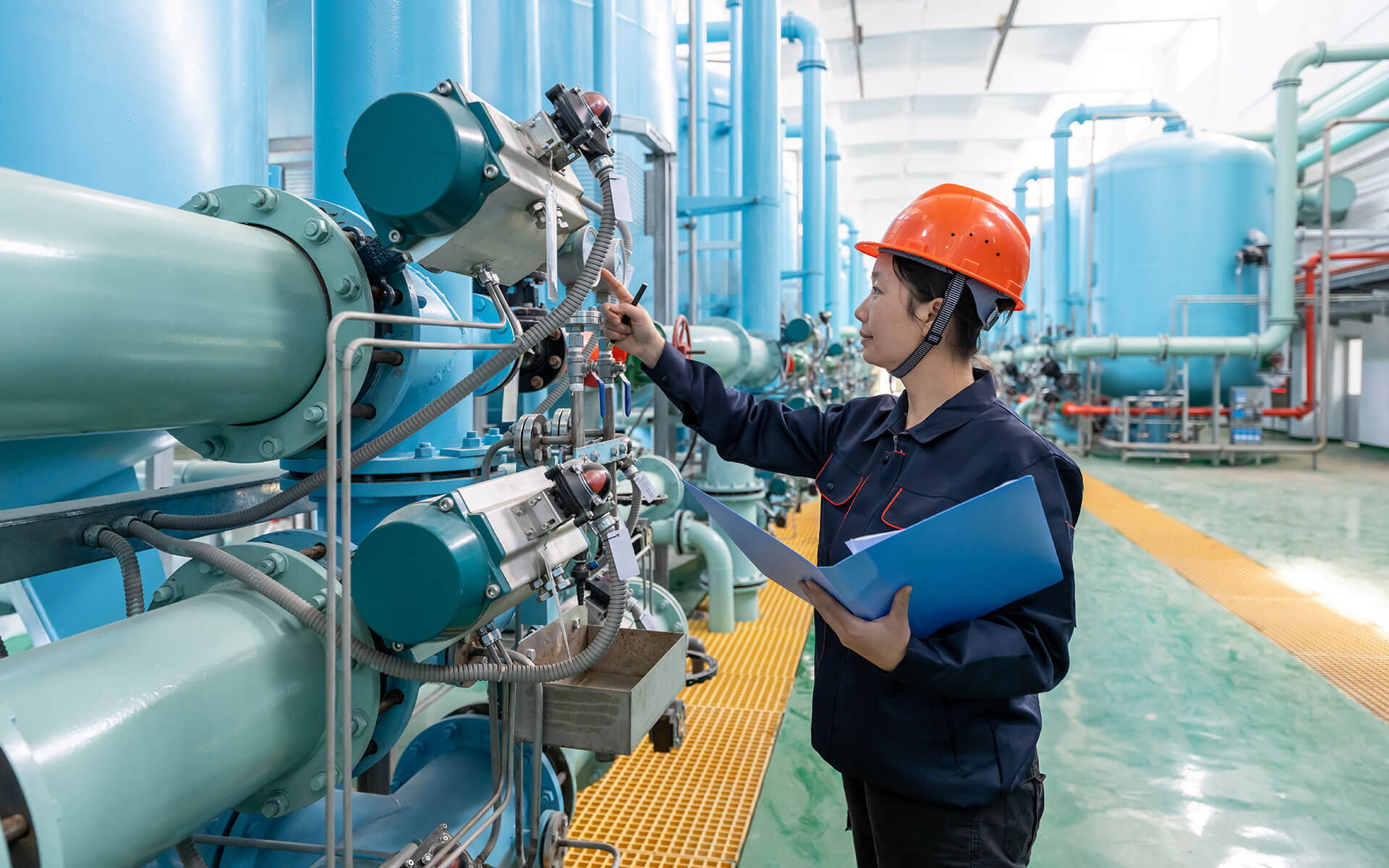Corporations can do more to contribute to sustainable solutions while reaping rewards
Amid clear signs of a changing climate, discussions around transitions to greener economic models, and refugee crises across the world, sustainable development has become a hot topic across sectors. It's generated discussion among academics, politicians, in business forums-even robots have declared they can contribute to the sustainability agenda!
Unfortunately, people in business often use the term "sustainable development" without agreeing on what it means or its implications for their companies, the communities in which they do business, and the world. Research shows that even the electric vehicle industry, which many see as a sustainability saver, has important—and complex—societal and environmental impacts.
What is sustainable development?
Research shows that the concepts of sustainable development and sustainability are still vague and confusing for some. As an applied research professor, I often ask our online Master of Business Administration students what they mean when they use the term "sustainable" in their research proposals. Almost all respond by removing the word from the text unless sustainability is at the core of their research.
Sustainable development is not just about environmental management or sustaining something in time, which are typical uses the term.
However, frameworks such as the planetary boundaries proposed by professors Johan Rockström, Will Steffen, and colleagues in 2009, and the United Nations' Sustainable Development Goals (SDG), which 195 countries agreed to in 2015, have helped organizations focus on specific goals and understand how they can contribute to sustainable development.
United Nations Sustainable Development Goals
The courageous aim of the U.N.'s Sustainable Development Goals is to end poverty, protect the planet, and ensure that we all enjoy peace and prosperity. Specific goals range from improving health and gender equality to ensuring clean water and energy and tackling climate change.
Recent figures, however, highlight the limited likelihood of achieving those goals by 2030. More than 600 million people live in poverty around the world, with figures increasing in Canada between 2020 and 2021.
Our biodiversity is in constant decline with species disappearing faster than ever before. Peace has deteriorated over the last decade with deaths from global conflicts increasing by 96%, and prosperity is not improving everywhere.

Businesses play an important role despite challenges
Despite these realities, the challenge remains for every nation, industry, and organization.
Businesses have an important role in realizing sustainability goals so we can continue developing and thriving for generations to come.
They have access to leading-edge technologies, worldwide reach, and have the capacity to develop large-scale solutions, all of which are crucial to achieving sustainability.
While it is hard to measure the progress businesses have made in accomplishing these goals, other than by assessing what they declare through their sustainability reports, research shows that they are focusing on diverse sustainability challenges.
Multinational corporations, for example, show more concern for reducing poverty, improving education and developing sustainable cities and communities than for eliminating hunger, reducing inequalities, taking care of the oceans, or improving consumption and production patterns.
Too much focus on China, India worsens inequality
Paradoxically, their overwhelming strategic focus on improving sustainability policies and practices in China and India, as crucial supply chain players, actually worsens worldwide inequality among developing nations. These results are not very different whether multinationals are from emerging or developed countries.
At the local scale, multinational corporations play diverse roles in enabling communities to reach large-scale solutions, namely as financiers, community capacity builders, product and service providers, partners, innovators, employee developers, procurement developers, program deliverers, consultants, and awareness raisers.

More work needed for good of local communities
Further, when businesses join cross-sector partnerships for local sustainability they aim to contribute to addressing the environmental and sustainability challenges of the communities they are part of, focusing less on improving their own human, organizational, financial, or physical capital.
While research suggests that businesses are more engaged with the sustainability needs of the community when they are involved locally, new and unpublished research also shows that they still need to build more just relationships with local communities to better contribute to their development and business success.
Community members want to be treated with dignity and respect, not being victimized, and that benefits created from industrial interventions are equally distributed, not proportionally.
Business can do more
Are businesses doing their best to contribute to sustainability? Businesses are extremely powerful and ubiquitous, with large resources, networks, and influence to modify their practices.
They can contribute to tackling challenges such as inequality, biodiversity loss, or the development of clean and affordable energy, just to name a few. However, these challenges are too complex for them to solve alone and local culture also plays a role.
Imagine if corporations improved sustainability standards in those places where they operate and led by example instead of taking advantage of lax regulatory systems. They could attend to the needs of the communities affected by their operations enhancing their positive impact and reducing the negative effects of their actions.
However, we still see companies making a business out of selling unhealthy food at the expense of well-being, providing precarious jobs that impede the attainment of decent work, and negatively affecting biodiversity. We also see corporations finance the largest contributors to climate change, although Canada seems to be moving in a better direction with respect to subsidies to the fossil fuel sector.

A proactive approach to sustainable business
To contribute to sustainable development, businesses must shift from their current limited and reactive role—as we saw during the pandemic when responding to stakeholders' health and safety needs—to a proactive approach. We need businesses that are determined to contribute to sustainable solutions and not to the causes of the problems we currently face.
By behaving ethically and responsibly, they can contribute to a sustainable model of making business, not only focusing on the economy. They should engage their investors and directors with the vision that corporate performance on environmental, social, and governance (ESG) factors directly impact their business's long-term profitability.
Businesses gain from sustainability investments
There is vast research that shows socially and environmentally responsible practices lead to positive financial results with almost eight out of 10 Canadian CEOs seeing a positive return from sustainability investments.
Businesses should join forces with others, including their competitors, governments, and NGOs, to address challenges that affect and interest them all.
This can include immigration, wildfires, or political polarization. Together, they can foster collaborative sustainable business models.
Finally, they should address sustainability strategically and positioning it at the centre of their business, in everything they do, not as an add-on that someone in some back office takes care of. In simple terms, their role must be to reduce to a minimum the negative effects of their actions on the environment and society while capturing the opportunities that sustainability presents.